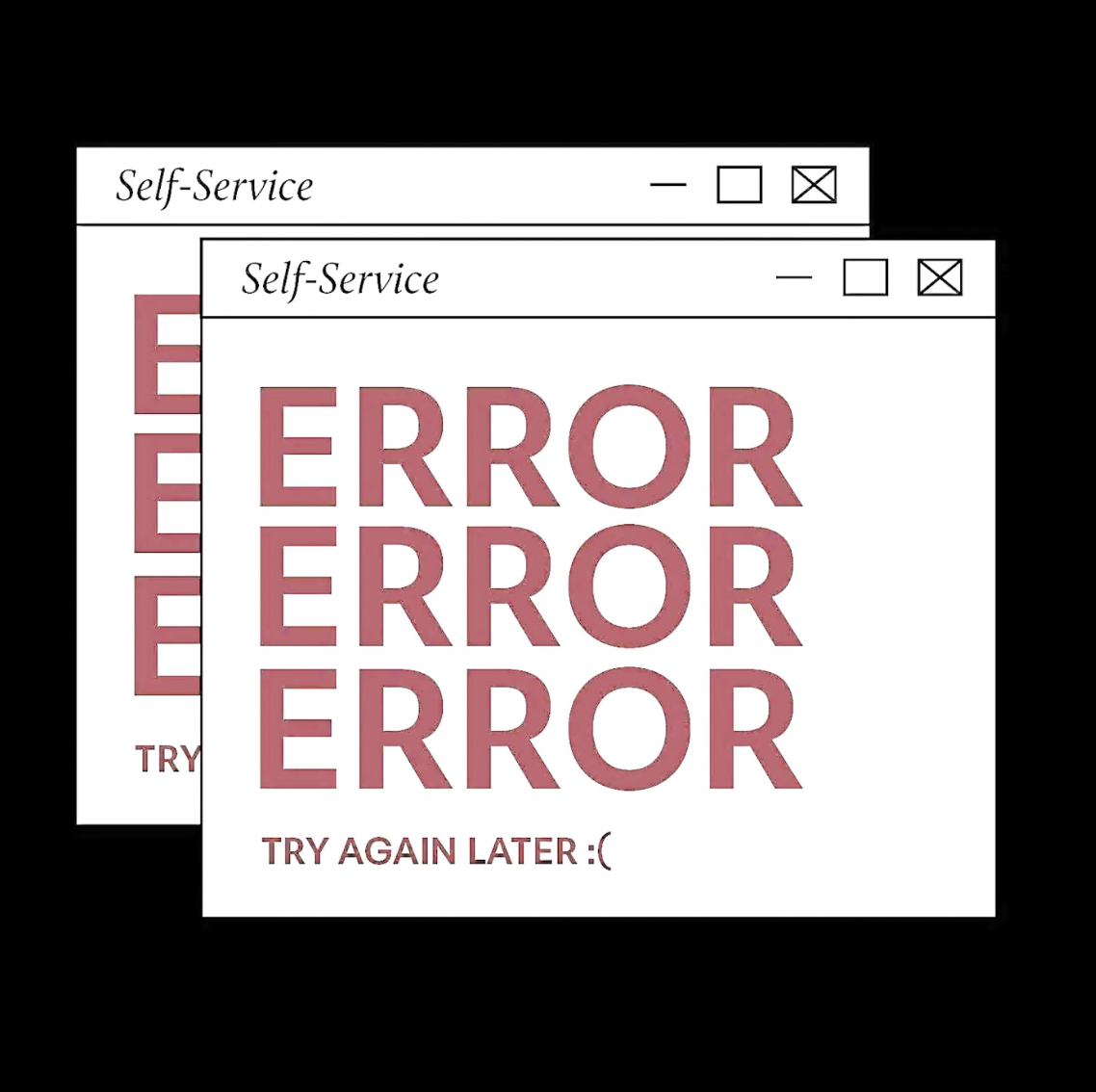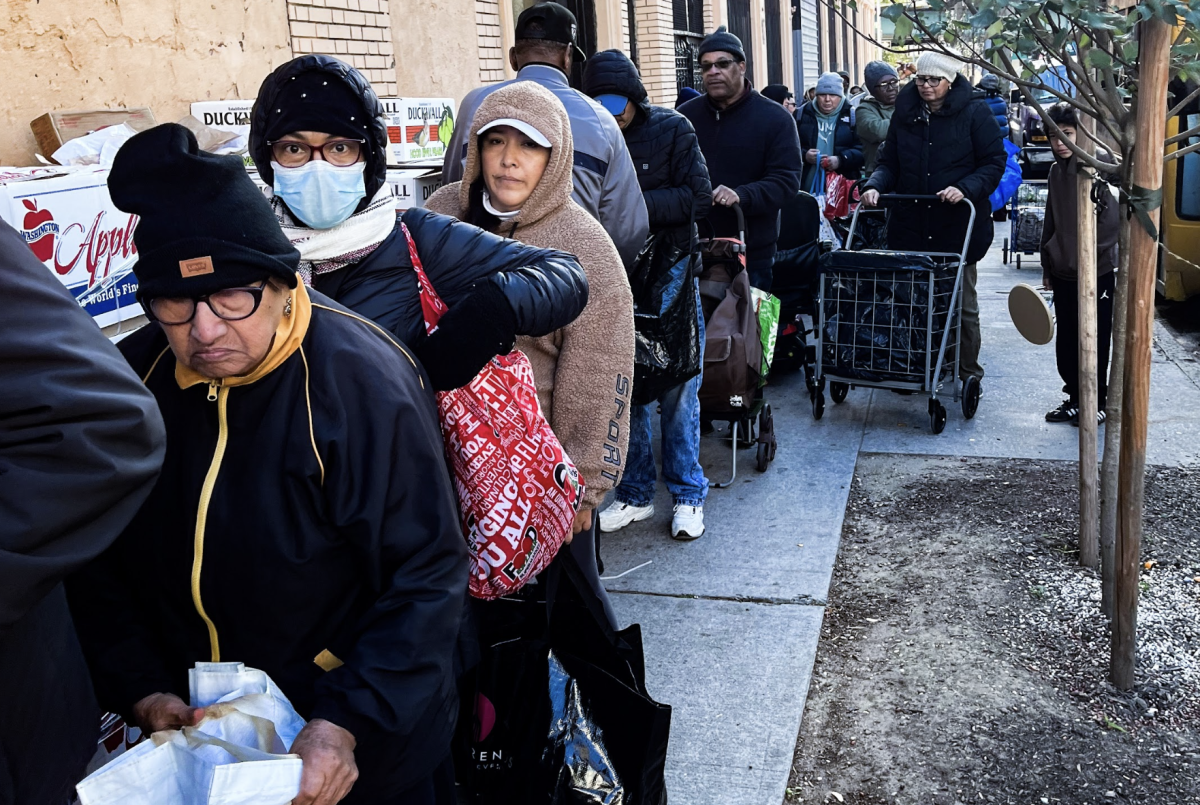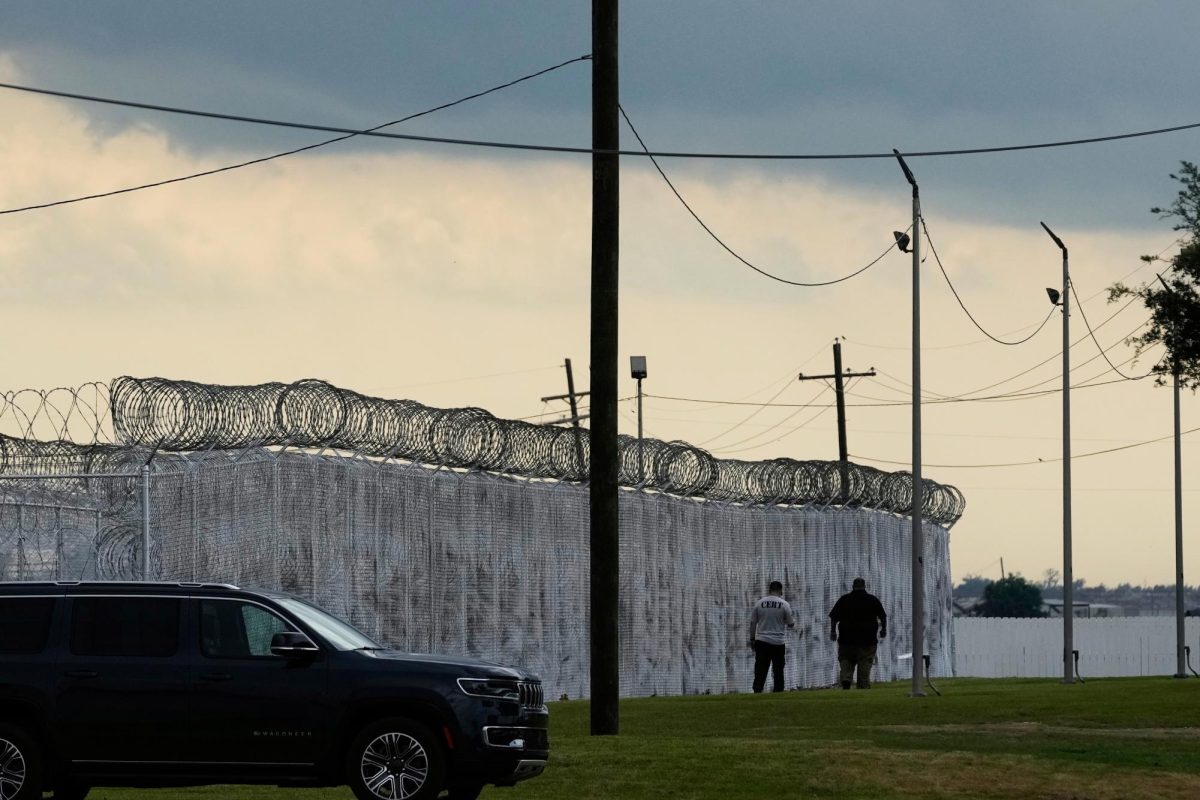Every year, Loyola markets itself as a place of affordability. Students choose this university not only for its academics, but because it has offered a supportive environment where financial barriers didn’t have to end someone’s education. But this August, that promise felt broken.
The university’s decision to enforce an August 1 tuition deadline, without consistent communication, leniency, or support students need, has created unnecessary stress, and financial strain. For many, it has turned what should be the excitement of returning to campus into a week of panic and uncertainty. Students are aware tuition will rise slightly each year, but the sharp increases have made many feel like they are being priced out of their own education. For students already working multiple jobs or supporting families, this kind of instability is not sustainable.
This year’s hard August 1 deadline only made matters worse. In past years, Loyola showed leniency, giving students the time to finalize financial aid, set up payment plans, and figure out how to make it all work. This year, students risked being dropped from classes if they didn’t meet the deadline. Imagine being a parent trying to pay rent and tuition on the same day, or a student in the financial aid office waiting on a package that hadn’t even been finalized by August 1. Students didn’t just face stress, they faced the possibility of being shut out of a class before it even started.
What makes this all the more painful is that it runs directly against Loyola’s Jesuit values. The care for the whole person cannot coexist with a policy that leaves students crying in the financial aid office, begging for answers, or fearing they won’t graduate on time because their classes were dropped. Jesuit education has always emphasized special concern for the poor and oppressed. Yet this deadline has disproportionately harmed exactly those students: low-income families, first-generation college students, and anyone already living paycheck to paycheck. At a school that claims its mission is rooted in social justice, this is more than a contradiction. It’s a betrayal.
Students understand that deadlines are necessary. But fairness requires two things Loyola has failed to provide: consistent communication and reasonable grace. The fact that many students didn’t even have their financial aid packages finalized by the time tuition was due speaks for itself. Others reported getting different answers each time they called the university for help. That lack of accurate, consistent information doesn’t just confuse students, it actively undermines their ability to plan.
Loyola must commit to clear, transparent communication about tuition deadlines. If extensions are possible, students need to know well before they’re locked out of classes. And above all, Loyola must practice the values it preaches: compassion, support, and justice. We’re not asking for the university to eliminate deadlines. We’re asking for leniency in how they’re enforced. Ultimately, this comes down to Loyola’s identity. Will it continue down the path of being a school that advertises affordability but undercuts students with rising costs and inflexible deadlines? Or will it live up to its Jesuit missions by meeting students where they are and ensuring financial obstacles don’t block their education? The choice isn’t just about policy, it’s about what kind of community Loyola chooses to be.




















